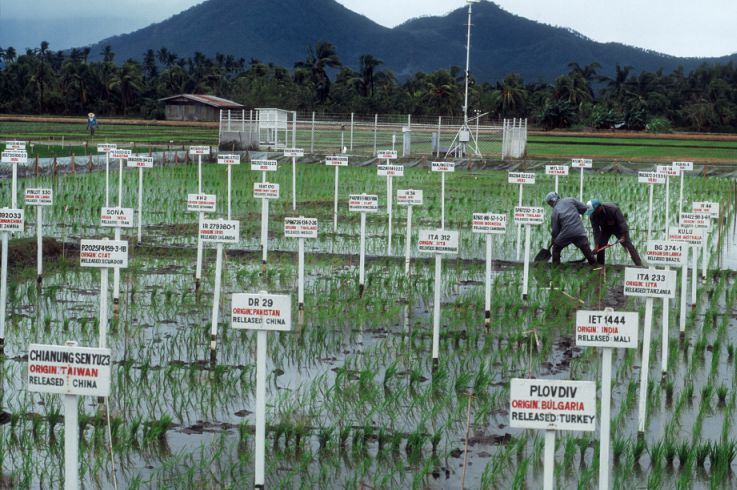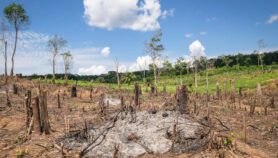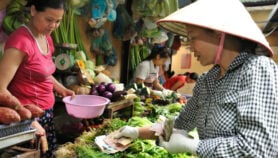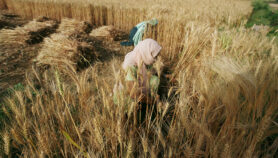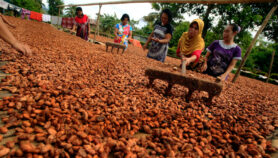By: Edd Gent
Send to a friend
The details you provide on this page will not be used to send unsolicited email, and will not be sold to a 3rd party. See privacy policy.
[NEW DELHI] Agricultural scientists have helped boost crop yields in China by living among farmers to transfer innovation from academia to the fields.
The science and technology backyard (STB) programme was initiated in 2009 with professors and graduate students from China Agricultural University (CAU) moving into villages in Quzhou County, Hebei province, to help smallholders improve farming practices.
“If farmers over-invest resources into improving yields of one crop, they are in big trouble if that crop fails.”
Leah Samberg, University of Minnesota Twin Cities in the United States
Over five years, the countywide average yield of key crops such as wheat and maize increased from 62.8 per cent of what is theoretically possible to 79.6 per cent, according to a recent research study published in Nature. Following the success of the pilot programme, there are now 71 STBs operating in 21 of China’s 23 provinces.
“Usually, scientists take techniques and hope farmers can adopt them but they don’t really think about what the farmers really need. In this study, we lived in the villages and worked together with the farmers. We asked them to put their experience and wisdom into the techniques and then revised them,” says lead author Weifeng Zhang, a professor at CAU.
Using experiments to compare farmers’ practices against their own, the scientists identified the factors contributing most to yield gaps and came up with ten recommended practices to tackle them. After asking farmers for feedback, a revised set of recommendations were tested by 71 leading farmers and their yields increased from 67.9 per cent of what is attainable to an average of 97 per cent between 2009 and 2014.
Recommendations were conveyed through field demonstrations, farming schools, yield contests and posters along main roads. Loose cooperatives of 30 to 40 households were organised to help farmers bulk buy inputs or coordinate large-scale tasks like irrigation or ploughing.
Zhang believes the system should be replicated in other Asian countries as many face similar constraints such as decent access to inputs and the need for stable political and education systems.
However, Maximo Torero, director of markets, trade and institutions at the International Food Policy Research Institute, says it is not that simple though. “Each region has different characteristics in agro-ecological conditions but also on their level of institutional development.”
Focusing on yield gaps also ignores whether there is demand for extra crops, he adds, and other factors like infrastructure connecting smallholders to markets may be more important.
The STB’s well-designed and participatory approach, long-time scales and diversity of factors are major strengths, she says, but reported yield increases cover a short period and may not be that robust.
Samberg agrees with Torero that narrow focus on yield gaps for specific crops may be counterproductive as diversification makes farmers more immune to shocks. “If farmers over-invest resources into improving yields of one crop, they are in big trouble if that crop fails,” she notes.
This piece was produced by SciDev.Net’s South-East Asia & Pacific desk.
This article was made possible with support from Monsanto.
References
Weifeng Zhang and others Closing yield gaps in China by empowering smallholder farmers (Nature, 7 September 2016)


